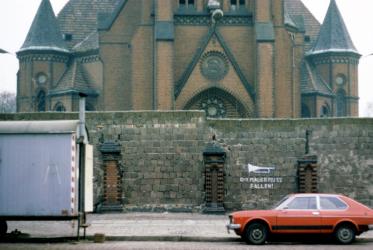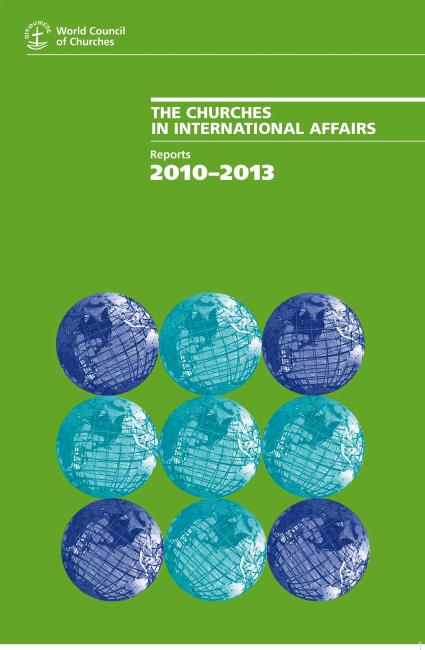Displaying 121 - 140 of 301
Religious leaders urge a ban on fully autonomous weapons
02 April 2015
WCC gives thanks for the life of Ninan Koshy
06 March 2015
WCC mourns the death of Leopoldo Niilus
10 February 2015
Momentum builds for ban on nuclear weapons
16 December 2014
The Berlin Wall: looking back, looking forward
07 November 2014
The Churches in International Affairs. Reports, 2010-2013.
02 August 2014
The Churches in International Affairs Reports, 2007-2009.
01 August 2014









